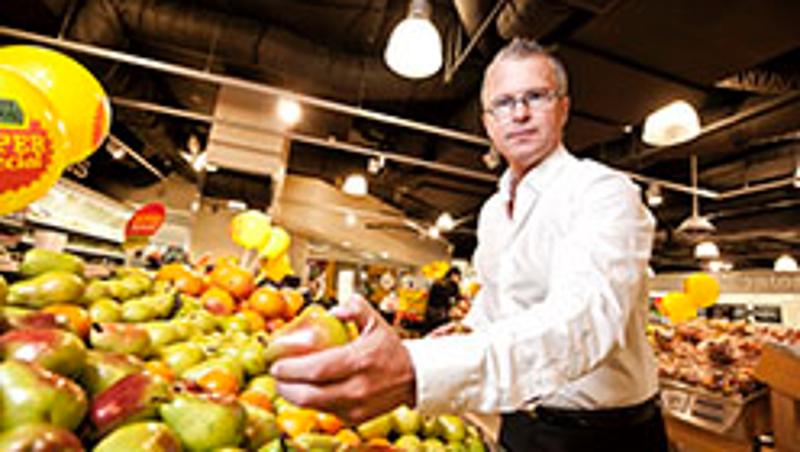
Research has found shoppers are turning away from shelves laden with a wide choice of the same products because it takes too much time and effort to decide.
Retail expert, Dr Gary Mortimer from QUT’s Business School, said this phenomenon could explain why discounters like Aldi and Lidl do so well around the world.
“Australian supermarkets have long promoted vast ranges of brands and products believing that offering a broad, deep array would satisfy shoppers,” Dr Mortimer said.
“Research on consumer choice suggests, however, that psychologically this assumption is wrong.
“With all the product and brand options available today, picking what you want takes more effort. When it takes more effort to shop, we enjoy shopping less and this is a concern for supermarket retailers.
“The thinking is that those consumers who are interested and involved in their supermarket purchases will benefit from these extra choices and those who don't care can always ignore the extra alternatives. This view seems logically compelling but, empirically, it isn't true.
“In fact, shoppers faced with excessive choice find it difficult to choose and are less likely to purchase.”
Dr Mortimer said a series of experiments by US Researchers Sheena Iyengar and Mark Lepper shed some light on the phenomenon.
“In one experiment, six varieties of the jam were available for tasting, while in another, 24 varieties were available,” he said.
“While the larger display of jams attracted more customers, in both cases customers tasted about the same number of jams on average.
“When it came to buying, however, 30 per cent of shoppers exposed to the small range of jams purchased, whereas only 3 per cent of those exposed to the larger range bought.
“The larger choice set simply discourages consumers because it forces an increase in the effort that goes into making a decision.
“A case in point is Aldi which has continued to grow and attain Australian consumer acceptance since 2001.
“Offering only 1700 products, Aldi’s continued expansion across Australia demonstrates the power of ‘less’.
“Put simply, less choice saves shoppers’ time, creates less confusion and satisfies most.”
Dr Mortimer said then when German discounters like Aldi and Lidl entered a country’s market, existing supermarkets slashed their ranges.
“Recently, the UK’s Tesco cut 20,000 product lines from its 90,000 product line range, similarly Coles reduced its range by some 7,000 products in 2012.
“While this strategy responds to customers who are looking to make their grocery shopping more efficient, it also reduces supply chain costs for supermarkets.
“Our supermarkets of the future will provide less range, but satisfactory choice.”
QUT is one of five Australian universities that have come together to form the Australian Technology Network of Universities (ATN).
Media contact: Niki Widdowson, QUT Media, 07 3138 2999 or n.widdowson@qut.edu.au
After hours: Rose Trapnell, 0407 585 901 or n.widdowson@qut.edu.au.




